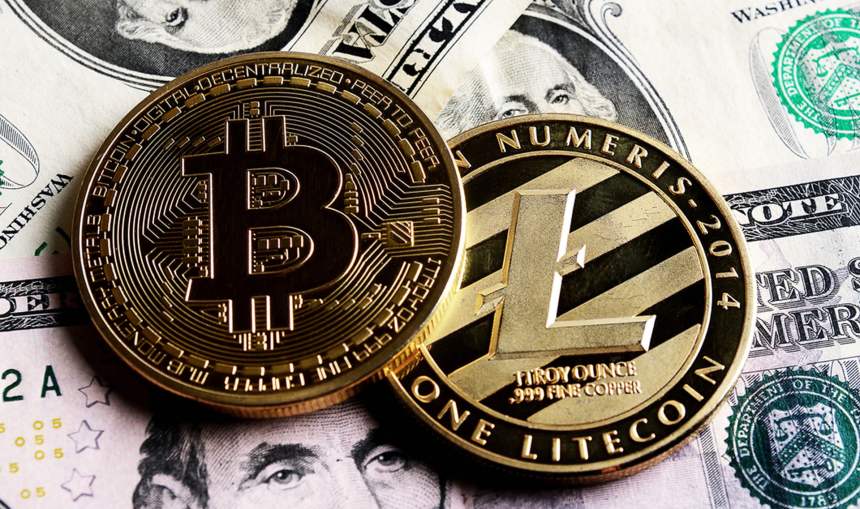Litecoin founder Charlie Lee spoke on CNBC, explaining the differences between Litecoin and Bitcoin. He reiterated past comments on it being cheaper and faster. But, what’s interesting is that CNBC rarely gives much coverage to LTC, yet Lee had the opportunity to promote his project to a mainstream audience.
Litecoin is One of a Few Long-Standing Projects Still Prominent Today
Charlie Lee launched Litecoin in October 2011 with the intention of it being a “lite” version of Bitcoin. As a clone, it shares many similarities, but the fundamental difference comes from Litecoin employing the newer Scrypt Proof-of-Work (PoW) algorithm over Bitcoin’s SHA-256.
Mining cryptocurrencies can occur using a CPU, GPU, or ASIC miner. ASIC miners are able to generate more hashes (tries) per second to match the target data string and “win” the block. Therefore ASIC miners have a distinct advantage over other mining means.
Under these circumstances, Bitcoin mining has turned into an ASIC “arms race” and a game that only the well-resourced can play.
Litecoin developers choose Scrypt because it’s less susceptible to ASIC mining. While Scrypt ASIC miners have since become available, a significant portion of mining on the network still happens via CPU and GPU, making Litecoin mining a more accessible option for everyday people.
Expanding on the differences, Lee spoke about Litecoin having quicker confirmation times and a higher supply of tokens.
“It is also faster, has more coins than Bitcoin, it has four times as many coins and it’s also four times faster. So Bitcoin transactions happen every ten minutes, Litecoin transactions happen on average every two and a half minutes.”
But what makes Litecoin more suitable as a medium of exchange is the low fees it offers. For all of these reasons, Litecoin has managed to stick around as a large-cap while projects such as Namecoin and Peercoin have faded into obscurity.
Low Fees Makes it an Attractive Proposition
When asked to explain the congestion on Bitcoin and how that leads to high fees, Lee said because the network is so busy, miners cherry-pick the highest paying transactions to write them into the next block.
“the Bitcoin blockchain is full. Every time a block comes the whole block is being used by transactions. So because of that, everyone is competing is get their transactions into the next block. So the way they do that is compete by paying more fees, so the miners will choose transactions that pay the most fees…”
This is not the case with Litecoin. It features a bigger “bandwidth” and less congestion, giving it some of the lowest fees in the industry. Data from bitinfocharts.com puts the current average transaction fee at $0.046.
CNBC’s willingness to host Lee and allow him the opportunity to explain Litecoin’s value proposition was a major coup for the project.
Source: LTCUSD on TradingView.com
